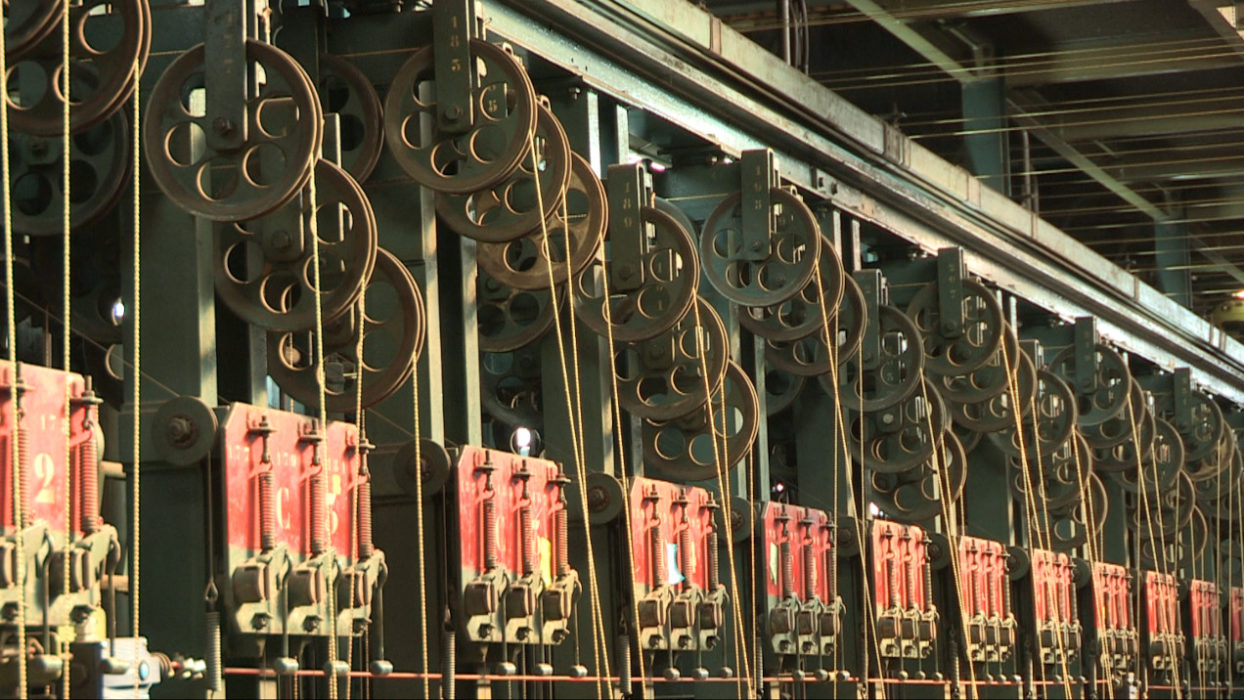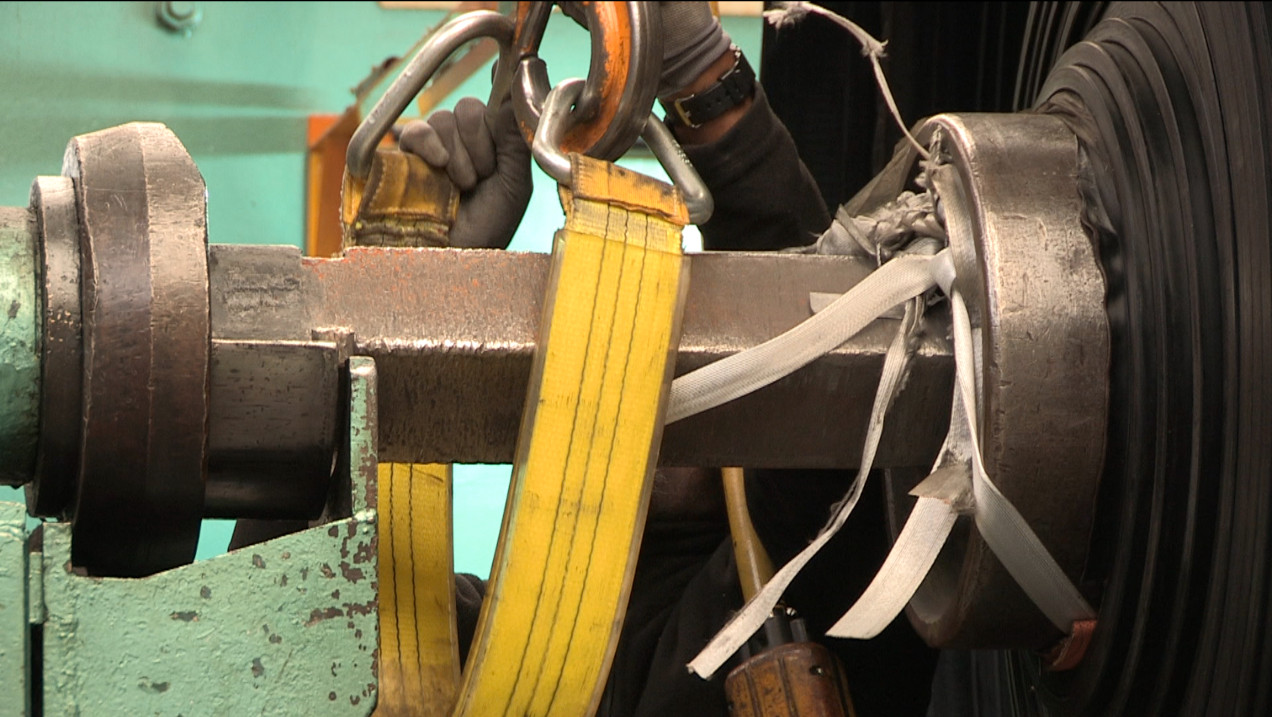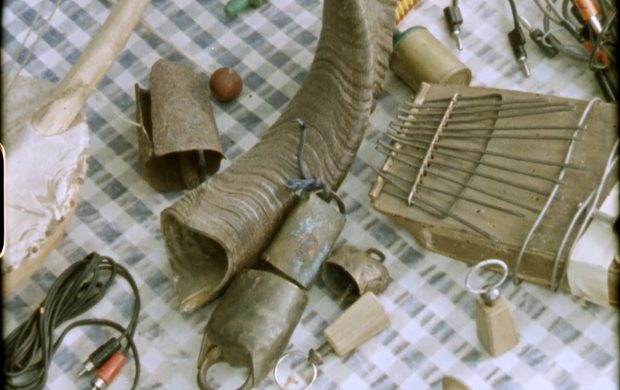The Song of the Forgotten
Le Chant des oubliés
- 2022
- France
- 61 min
The Semperit plant in Argenteuil. Faced with the molten rubber, bodies engage with the cogs of the machines. The hammer drops: off-shoring. Then a symphony pursues the account: rising from the destruction of the machines, of the walls… and of a surprising community.
“We won’t give an inch”… There’s a handful of them, thirty, fifty perhaps, no more… The music of HK resonates loudly on the last round. They sing, yell at the top of their voice, but their faces are marked. By the work of many years in this rubber factory in Argenteuil, by a struggle running out of steam, by the worry of jobless days lying ahead. It’s the 21st century and we remember the time when cinema’s beginnings sang with the early 20th century to celebrate industrial inventions – symphonies to the glory of machines. We also remember when an activist cinema emerged to join the workers’ struggles in the 1970s – epic stories to the glory of men. In the empty factory where a few workers linger in their everyday clothes as they would in a village square, the only images remaining from the previous century are those conjured up by the sparse words, sparse work gestures and sparse machines still operating, as if suspended, which the filmmaker shows us with parsimony, restraint and sensitivity. For Luc Decaster, a politically engaged filmmaker who has been filming workers’ struggles for over twenty years, it is important to continue filming, continue bearing witness. Without excessive nostalgia. The vestiges of work and the creeping emptiness, then little by little the disorder, the abandonment, the post-industrial world and the disappearance of a landscape destroyed by hydraulic shovels, grapples for concrete and scrap metal. Another symphony is playing out, in tune with our century, before all is erased and we forget everything about the working classes.
Catherine Bizern
- Production : Macalube Films, Vià Vosges, Lyon Capital TV
- Cinematography : Luc Decaster
- Sound : Luc Decaster, Eric Lesachet
- Original soundtrack : Marius Atherton
- Editing : Claire Atherton
- Print source : macallubefilms@gmail.com





